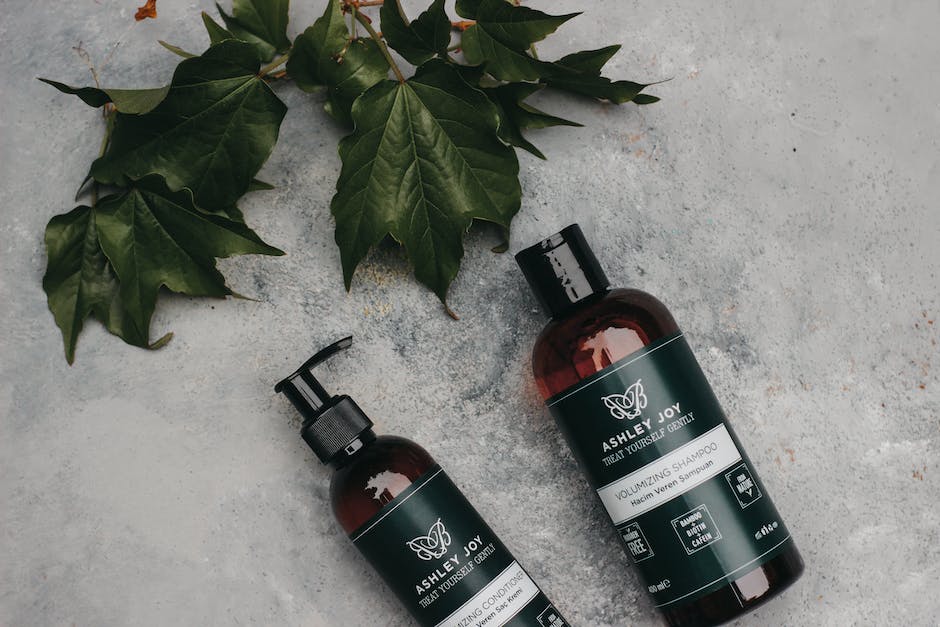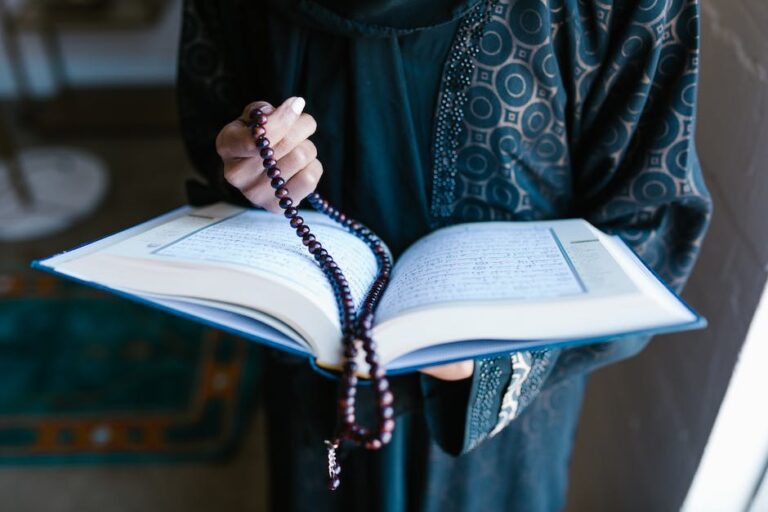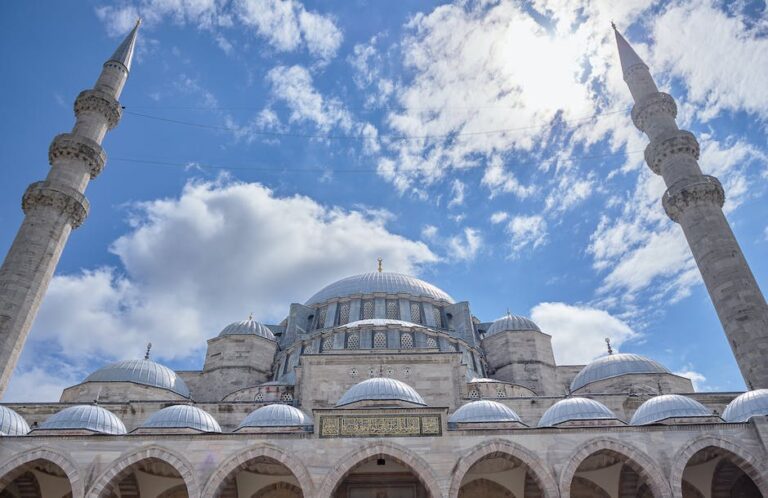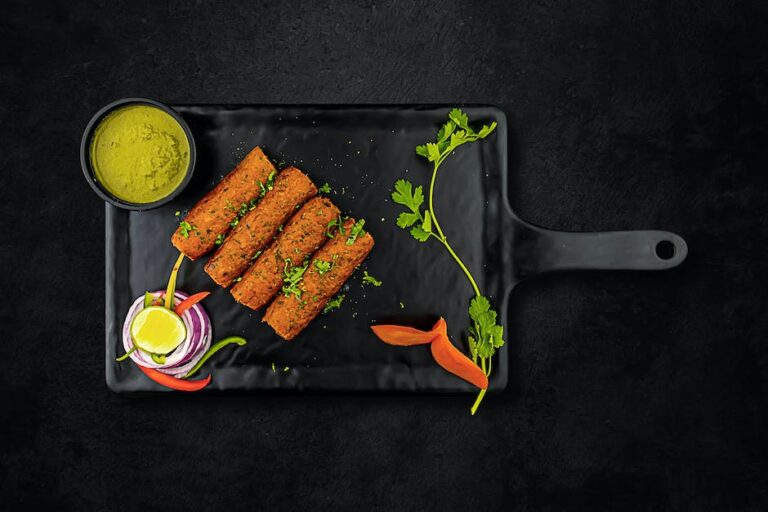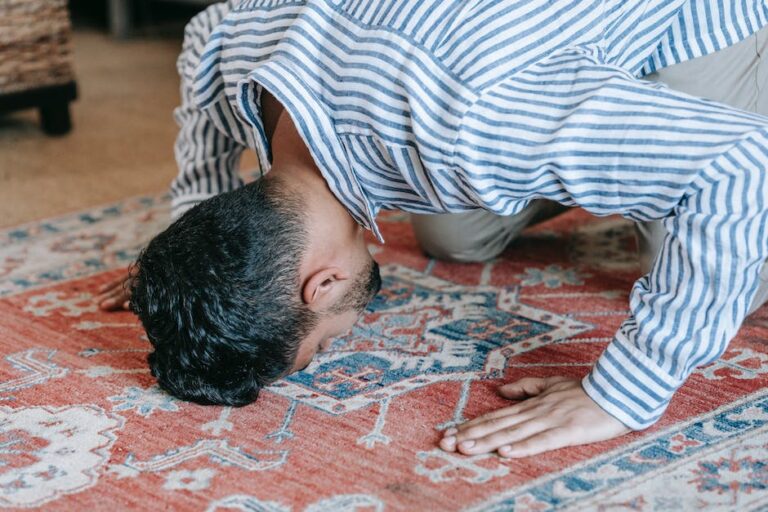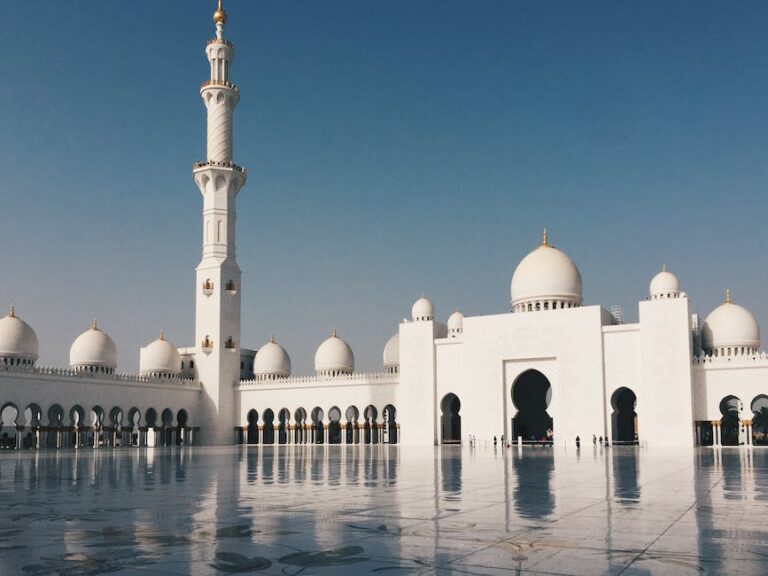Halal Beauty Products: How Muslim-Owned Brands are Revolutionizing the Cosmetics Industry
As Muslims, we are taught to be mindful of what we put into and onto our bodies. This includes the products we use for skincare and beauty. Halal beauty products are those that have been certified by a halal certifying body as free from any Haram (forbidden) ingredients, animal cruelty, and alcohol.
Using Halal beauty products not only aligns with Islamic values but also offers numerous benefits. One of the main advantages of halal cosmetics is that they are suitable for people with sensitive skin. These products are made from natural and organic ingredients, avoiding harsh chemicals and artificial fragrances that can cause irritation, allergies, and breakouts.
Moreover, halal beauty products are environmentally friendly and sustainable. They are made without the use of harmful chemicals and are cruelty-free. Halal certifying bodies also inspect the production facilities to ensure that they are hygienic and safe for employees. All of these factors make halal beauty products a healthier and ethical choice for us and the planet.
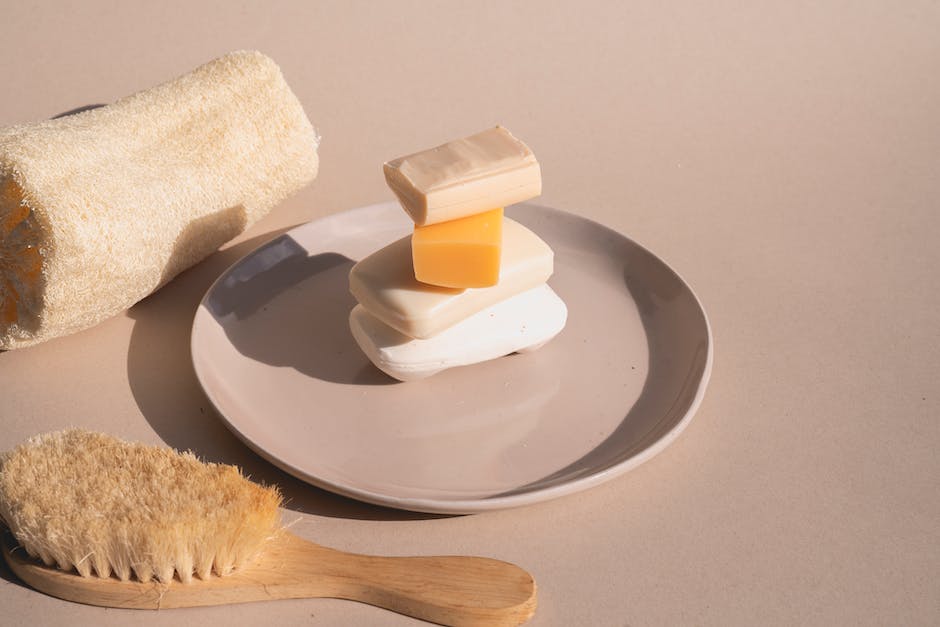
Meet the Muslim-Owned Brands Making Waves
Over the past few years, Muslim-owned beauty brands have emerged as a significant player in the cosmetics industry. These brands not only produce high-quality halal beauty products, but they also cater to the needs of Muslim women who have long been excluded from the mainstream beauty industry.
One example is Sahi Cosmetics, founded by Ayan and Ilhan Dahir, two sisters from Somalia. Their brand offers a full range of makeup products that are halal certified, vegan, and cruelty-free. With a mission to empower Muslim women, their products have gained popularity for their inclusive shades and high-quality formulas.
Another rising star in the halal beauty industry is Shade M Beauty, created by Sharron Clear. Her brand offers a range of lipsticks, lip glosses, and eyeshadows that are made of organic ingredients, cruelty-free, and halal certified. Shade M Beauty is also known for its sustainability practices, such as using biodegradable and recyclable packaging.
These Muslim-owned brands are changing the narrative in the beauty industry, promoting inclusivity, sustainability, and ethical practices. By choosing to support these brands, we not only uphold our Islamic values but also contribute to a more diverse, innovative, and conscious cosmetics industry.
Halal Beauty Goes Mainstream: Why it Matters
Halal beauty has recently gained traction in the cosmetics industry, with more mainstream brands recognizing its potential in catering to the needs of Muslim consumers. This shift in the beauty industry is significant for several reasons.
Firstly, the halal cosmetics market is continuously growing and is expected to reach $90 billion in value by 2027. By expanding their product lines to include halal beauty products, mainstream brands can tap into a vast and untapped customer base, reaching out to Muslim customers who have long been underserved in the beauty industry.
Secondly, the inclusion of halal beauty products promotes diversity and inclusivity. By recognizing the needs of Muslim customers, the industry becomes more representative of the diverse populations it serves. It also sends a message of acceptance and welcomes the contributions of Muslims in the beauty industry, breaking stereotypes and promoting mutual respect.
Finally, the increasing popularity of halal beauty products encourages ethical and sustainable practices within the industry. Mainstream brands are taking notice of the benefits of using natural and organic ingredients and cruelty-free practices to appeal to consumers who prioritize health and ethical consumption. By choosing to produce halal-certified beauty products, companies are taking a step towards more ethical and sustainable production practices that benefit everyone.
How Halal Certification Works for Beauty Products
Halal certification for beauty products is granted by halal certifying bodies. These organizations have strict guidelines for halal products, which include the selection of raw materials, the manufacturing process, and the quality of the finished products.
One of the main criteria for halal certification is the use of ingredients. Halal ingredients are free from any components derived from animals that are not slaughtered according to Islamic guidelines, such as pork and blood. Other ingredients, such as alcohol or insect-based ingredients, are also forbidden. Halal ingredients must also be cruelty-free and come from natural or organic sources.
The manufacturing process for halal beauty products is also crucial. The production facilities must comply with strict cleanliness and hygiene standards, ensuring that the final product is free from impurities and contamination. The halal certifying bodies also inspect the facilities to ensure that no prohibited ingredients or processes are used.
Finally, the finished product must be tested to ensure that it meets the standards for halal certification. The halal certifying body reviews all the ingredients used in the final product and certifies it as halal.
In conclusion, halal certification for beauty products ensures that the products we use are safe, ethical, and aligned with our Islamic values. It also promotes sustainability, inclusivity, and diversity in the cosmetics industry. By choosing halal-certified beauty products, we make a conscious decision to support ethical and sustainable practices that benefit everyone.
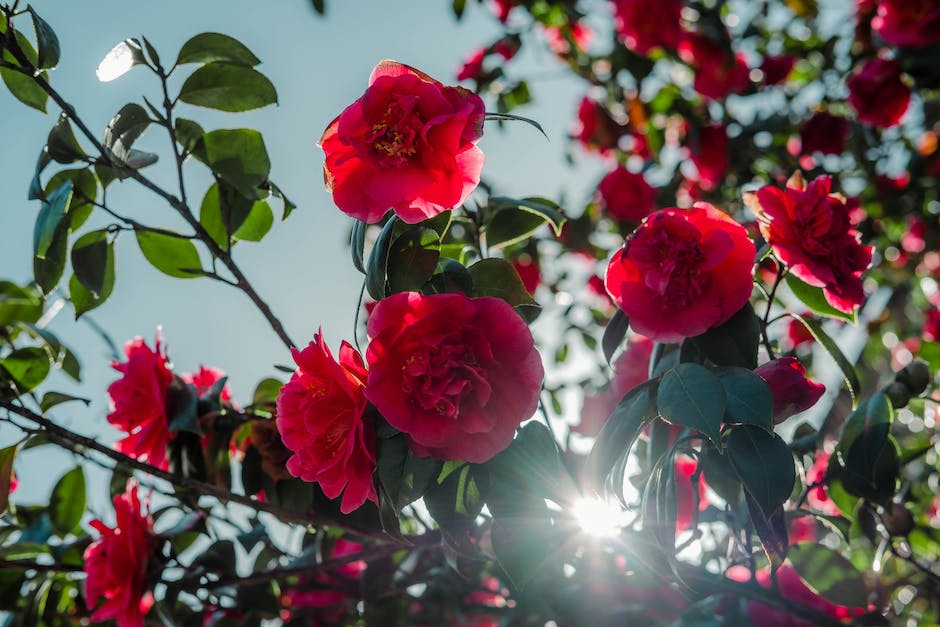
Halal Beauty for Everyone: Inclusivity in the Industry
The beauty industry has a long history of catering to a narrow definition of beauty, often leaving out women of color, religious minorities, and those with unique skin and hair types. Halal beauty products offer a solution to this problem, promoting inclusivity and catering to a diverse range of needs.
Halal-certified beauty products are suitable for everyone, not just Muslims. They offer a safer and more ethical alternative to traditional cosmetic products, made from natural and organic ingredients. They also cater to people with sensitive skin, allergies, and other unique skin and hair types. With a focus on inclusivity and diversity, halal beauty brands are changing the narrative in the beauty industry, creating a more representative, welcoming, and accessible space for everyone.
Embracing Faith and Beauty: The Future of Halal Cosmetics
The future of halal cosmetics is bright, with more mainstream brands recognizing the potential of inclusivity, sustainability, and ethical consumption. Halal beauty products are not just a trend; they represent a lifestyle that aligns with Islamic values and promotes a conscious approach to consumption.
As Muslims, we have a responsibility to support halal beauty products and brands that align with our values. By doing so, we contribute to a more diverse, inclusive, and ethical cosmetics industry that benefits everyone.
The future of halal cosmetics is also centered around innovation, with more brands investing in research and development to create new and innovative products that cater to a wide range of needs. With a focus on natural and organic ingredients, sustainability, and inclusivity, halal beauty brands are redefining what beauty means in the modern world.
In conclusion, halal beauty is not just a fad; it represents a significant shift in the cosmetics industry towards more ethical, sustainable, and inclusive practices. By embracing faith and beauty, we can create a more positive and empowering narrative that benefits everyone, one halal-certified product at a time.

